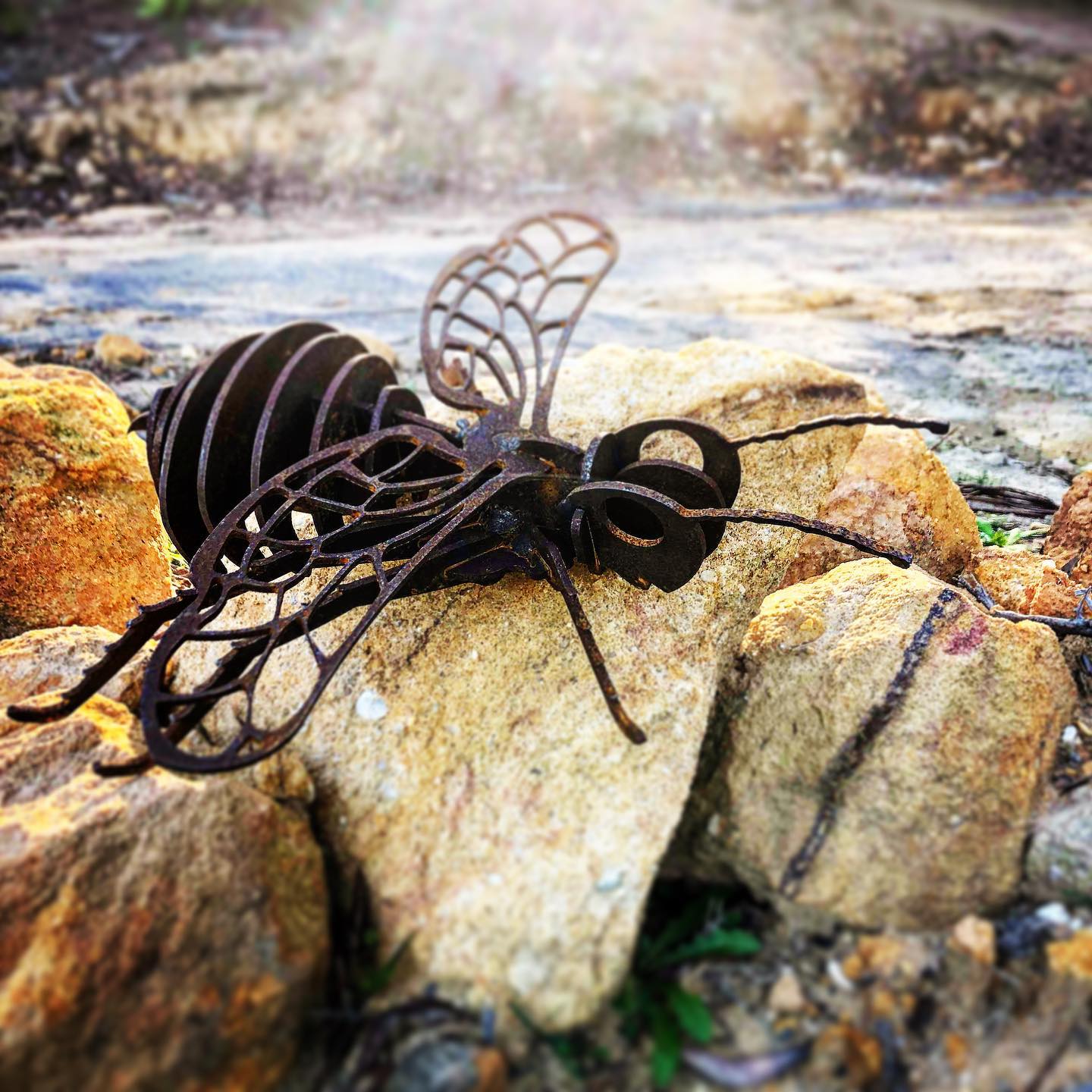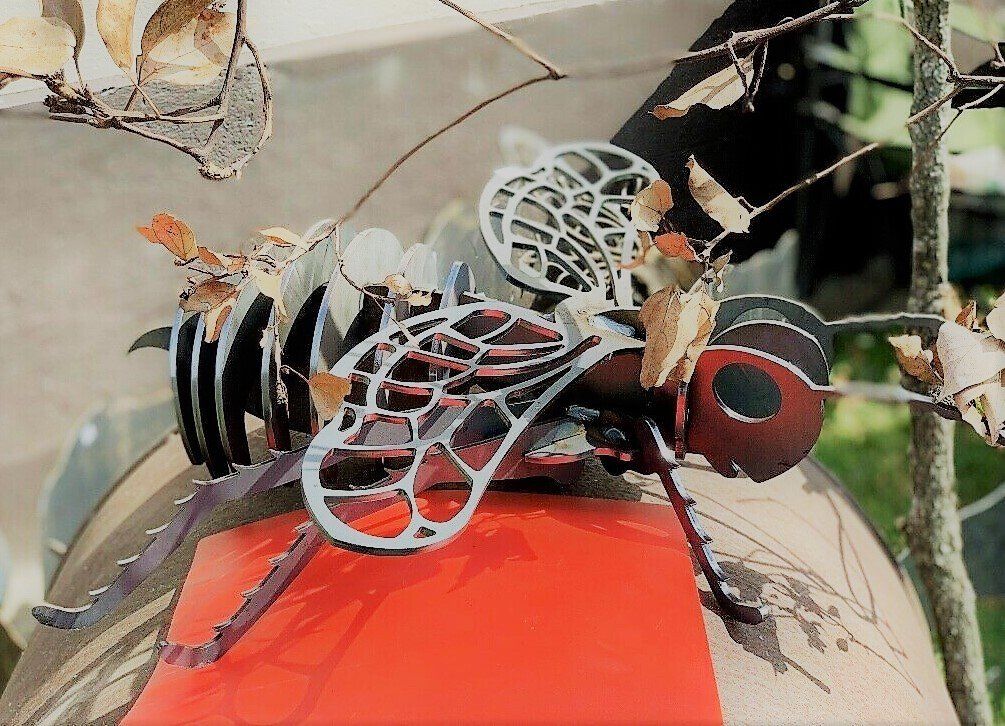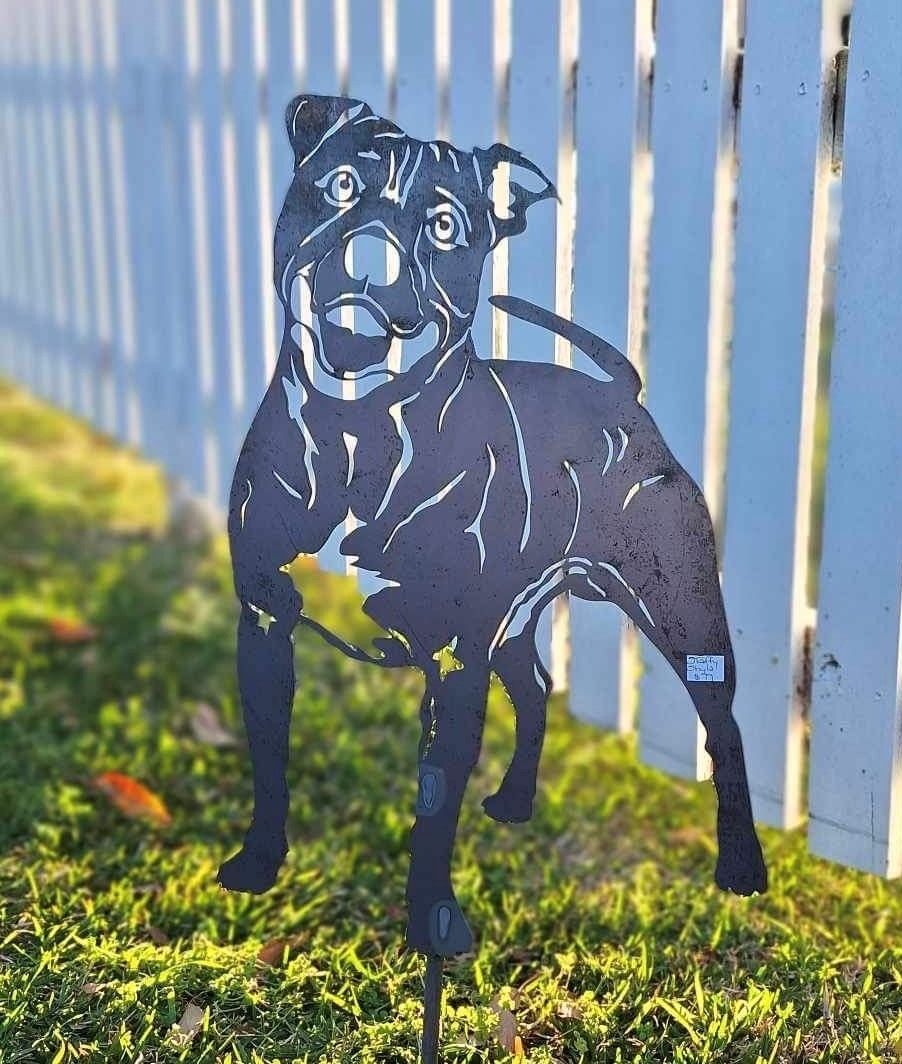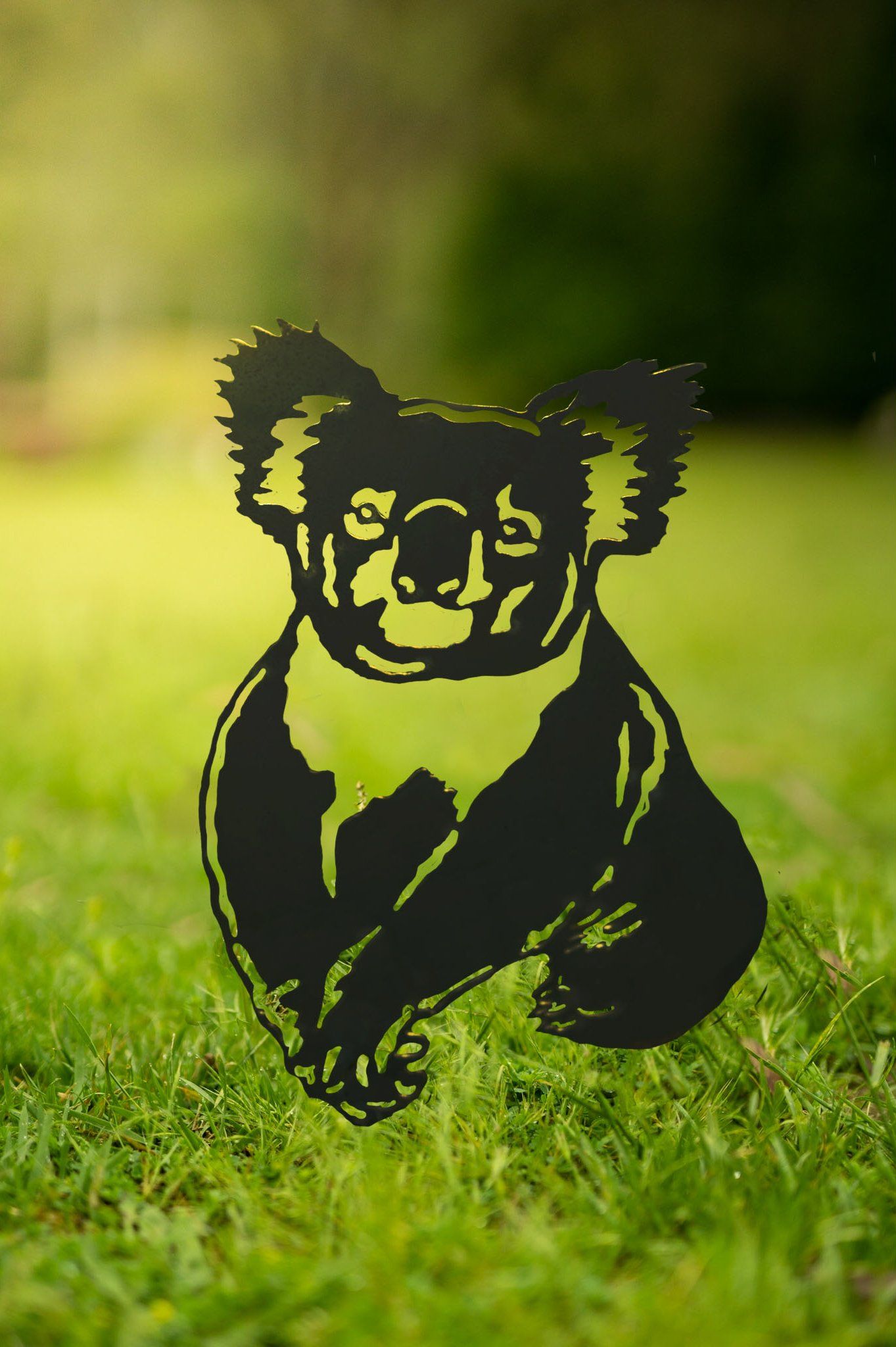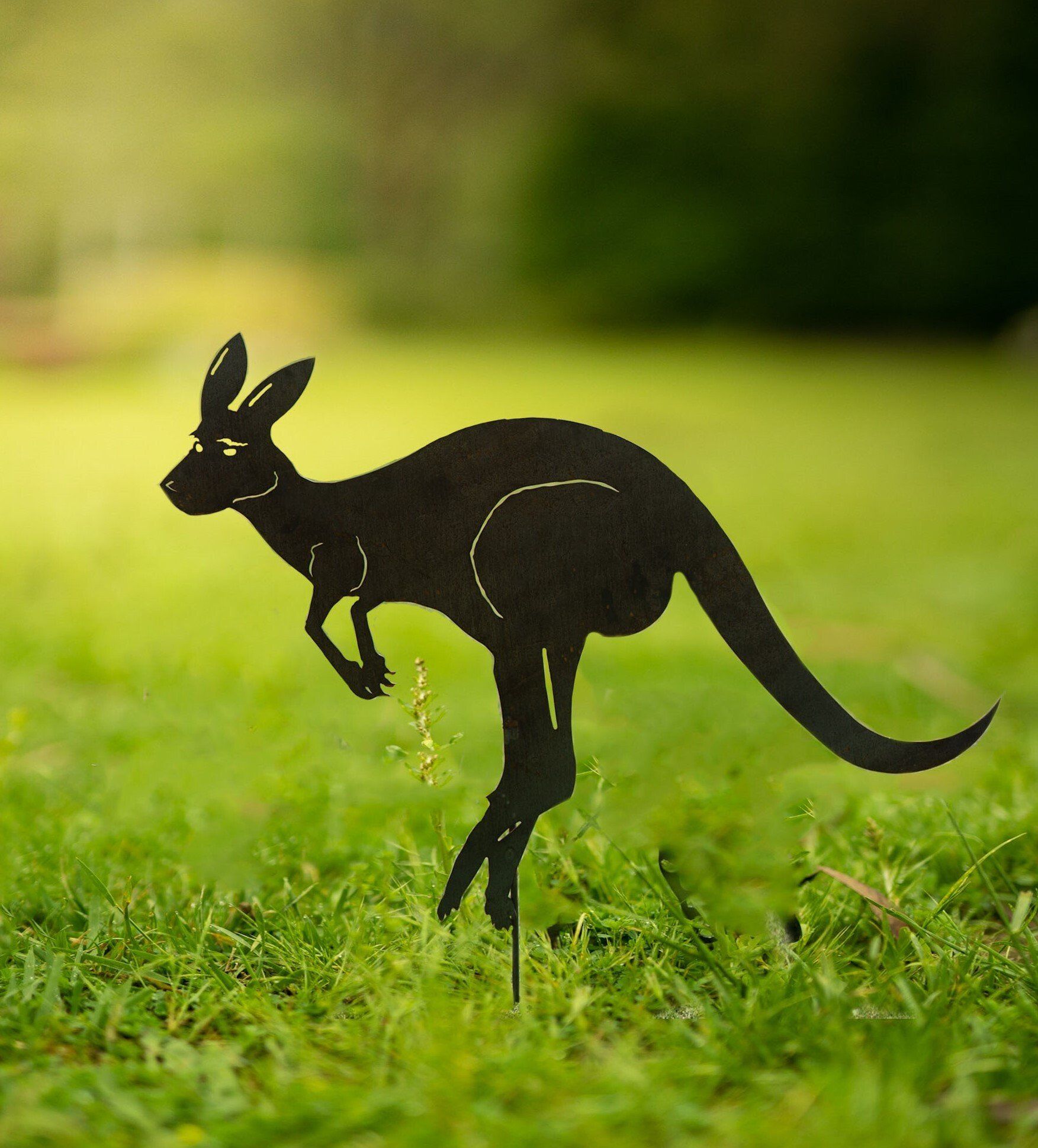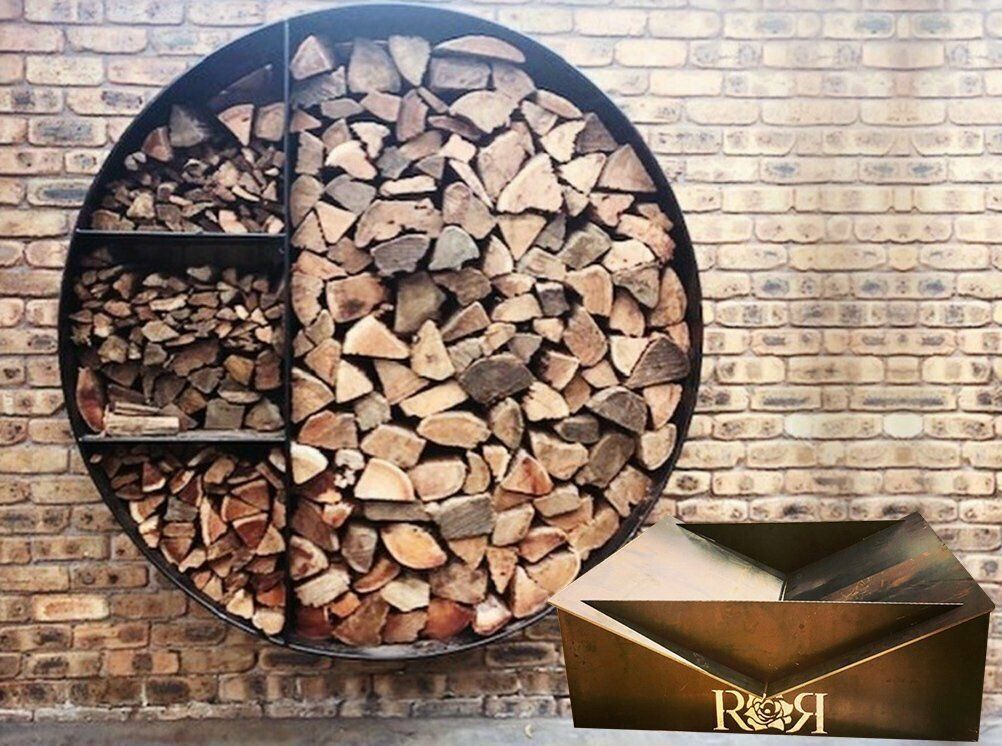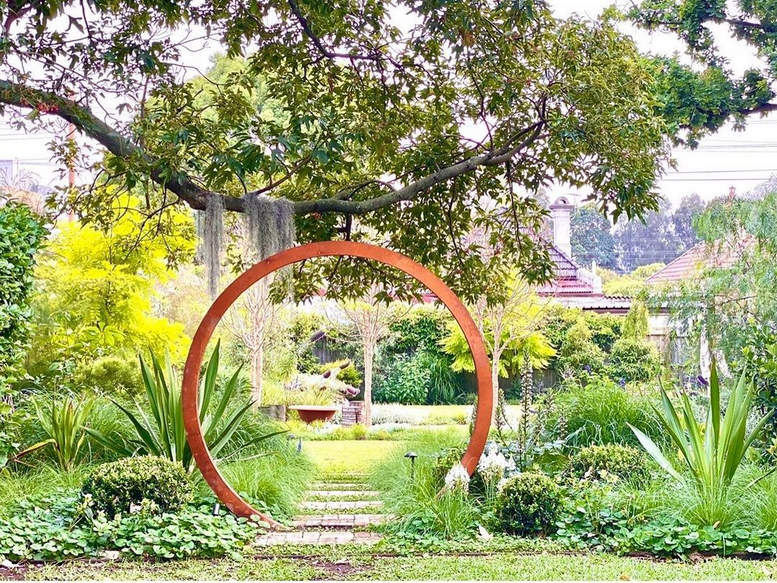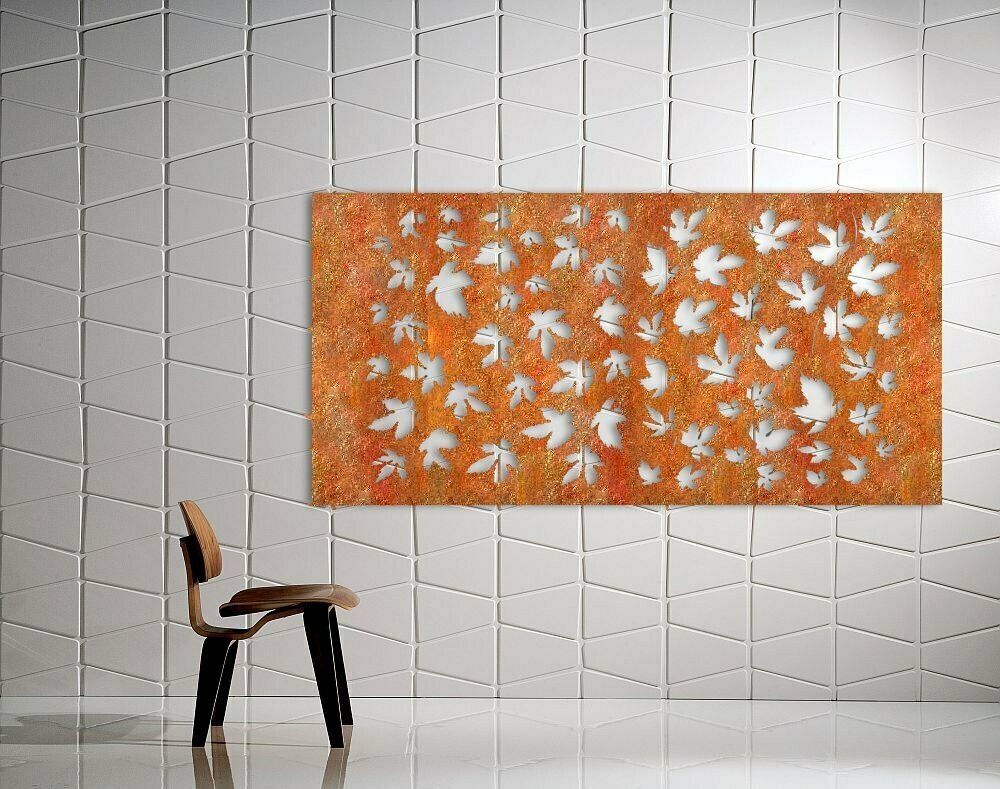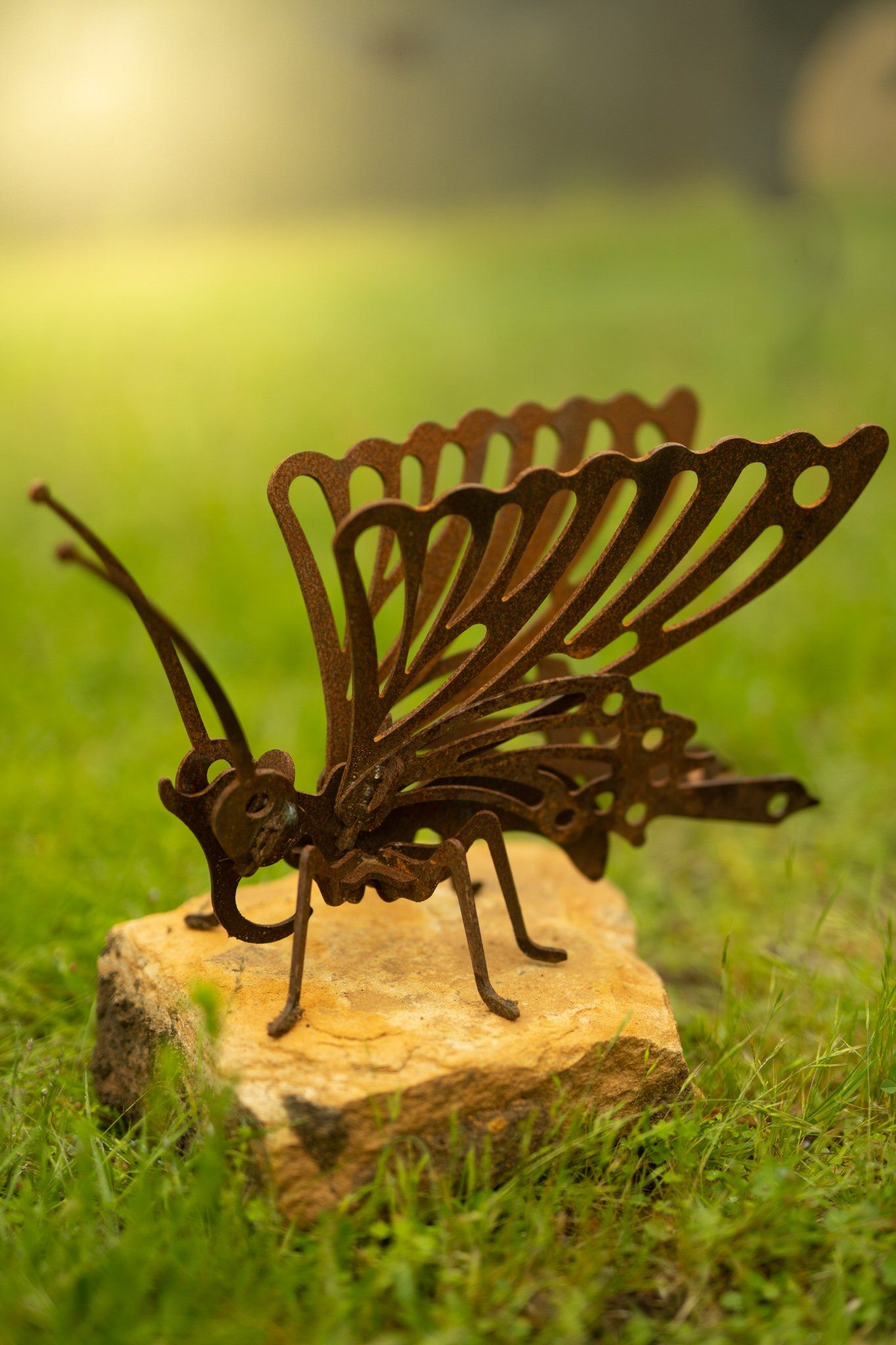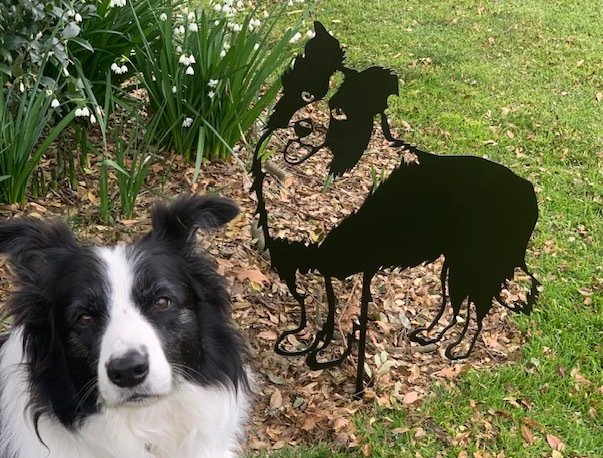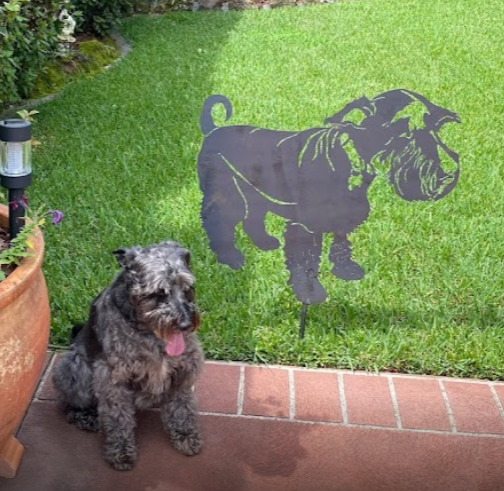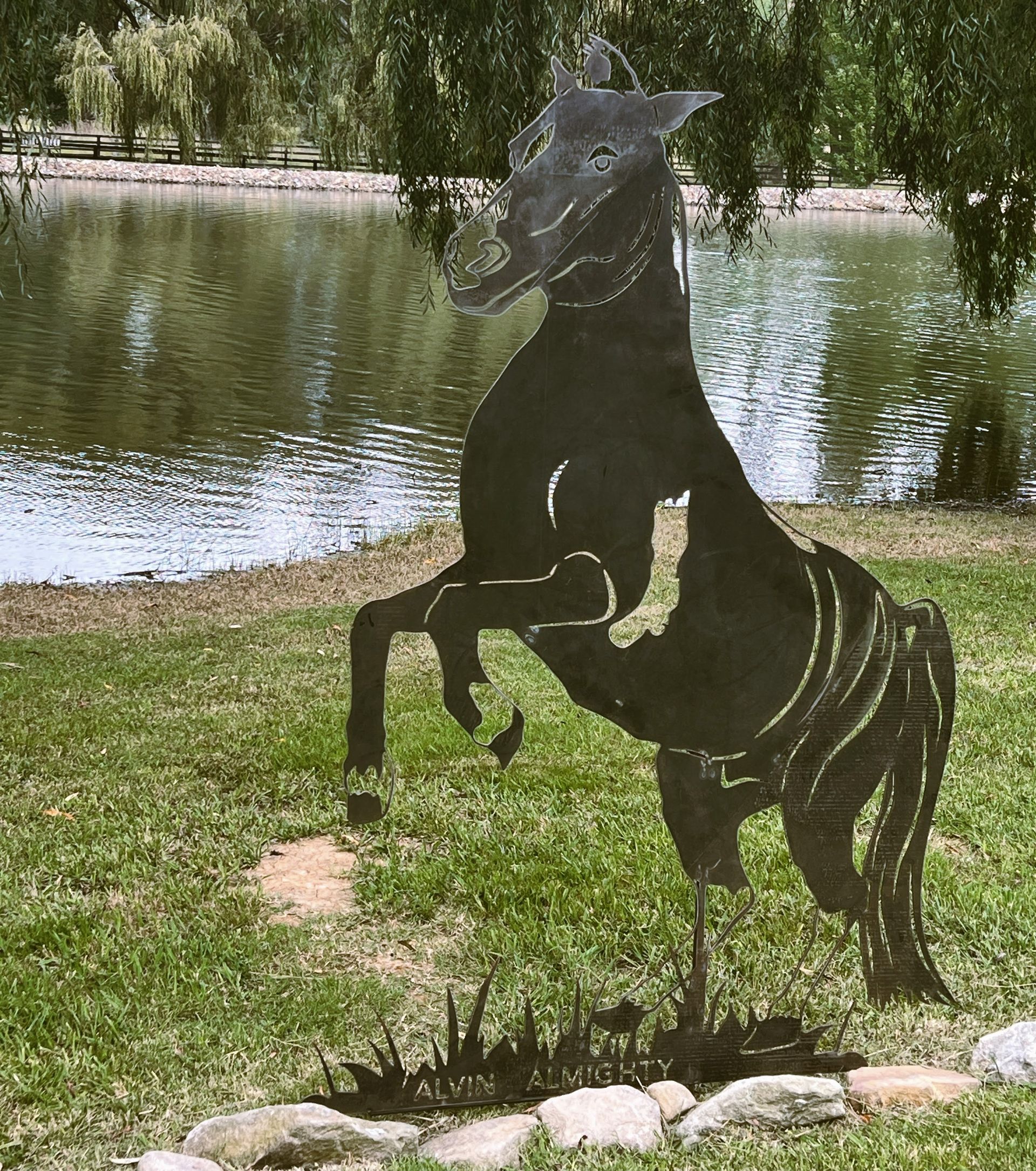World Bee Day
Happy World Bee Day - If Any Creature Deserves Celebrating, It's Bees!
On the 20th May the world unites in it's celebration of the most industrious of creatures.
The date commemorates the birth of Anton Janša, considered the pioneer of modern beekeeping. Born in what is now Slovenia in 1734, Janša once noted:
"Bees are a type of fly, hardworking, created by God to provide man with all needed honey and wax. Among all God's beings there are none so hard working and useful to man with so little attention needed for its keep as the bee".
In Australia we have about 1700 native bee species, which vary greatly in size and appearance. However, unlike introduced European bees they don't produce honey, at least not in significant quantities. But that doesn't mean they aren't as important. Many native bees are able to "vibrate" and some of our wily native flowers require this vibration in order to release their pollen. Native Bees are also far less likely to sting you than European Honey Bees!
Around the world, almost 90% of wild plants and 75% of leading global crops depend upon animal pollination. If you want to help these creatures and protect the future of our native Aussie flora, check out this fabulous guide to building a "Hotel For Bees", to welcome these vital visitors to your garden.
Fun Bee Facts
- Commercial honey bees were introduced to Australia around 1822
- Australia's smallest native bee is less than 2mm long and the largest is 26mm Long
- Instead of building hives, most Aussie bees are solitary and raise their young in ground burrows or hollows in timber
- Bees can beat their wings 200 times per second and can fly up to 15mph
- Bees are the only insect to make food that humans can eat
- Honey bees may visit over 2 million flowers to make just half a kilo of honey
- Each honey bee makes around 1/12 teaspoon of honey during it's lifetime

